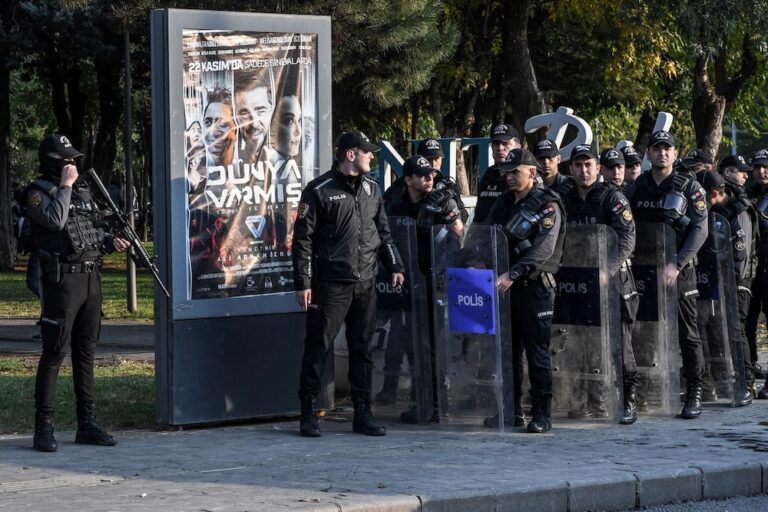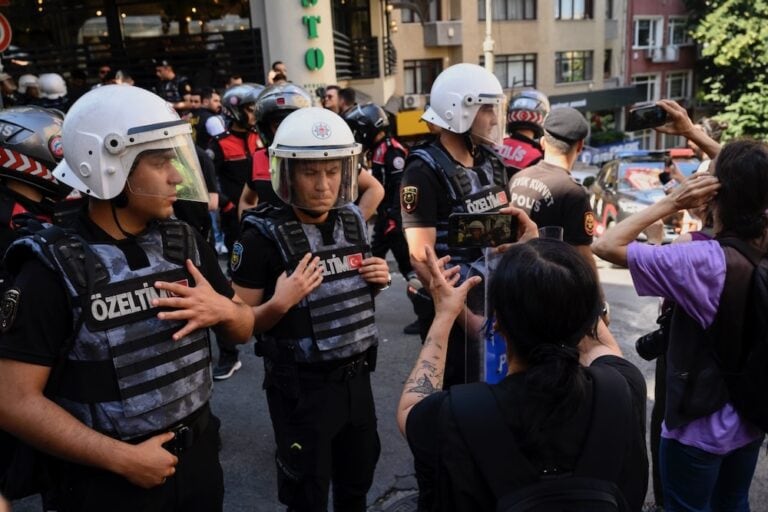Pinar Sag was sentenced to 10 months in prison for having praised a leftist revolutionary at a 2009 festival.
(BIANET/IFEX) – On 27 January 2011, Turkish folk music singer Pinar Sag was sentenced to ten months in prison for praising leftist revolutionary Ibrahim Kaypakkaya at the 2009 Traditional 9th Munzur Natur and Culture Festival in Dersim.
Sag was facing a prison sentence of up to two years under article 215 of the Turkish Criminal Code (TCK). The speech she made at the festival allegedly contained comments “praising” Kaypakkaya, founder of the Communist Party of Turkey/Marxist Leninist (TKP/ML) and the Turkish Workers’ Peasants’ Liberation Army (TIKKO). The revolutionary leader was tortured and killed in 1972.
Sag did not attend the 27 January hearing. The Malatya 3rd High Criminal Court handed down a prison sentence of ten months to the singer.
On the same day, the same court sentenced Kurdish folk singer Ferhat Tunc to one month in prison on the grounds of “praising 17 militants, members of the Maoist Communist Party”.
The Istanbul Branch of the Contemporary Lawyers Association (CHD) declared in a written statement, “Freedom of thought and expression as guaranteed by the constitution and international agreements became once more the subject of a severe and open violation”.
The association expressed the opinion that the court decision on Sag’s case was given “in defiance of all concrete and procedural rules of law”. The statement continued, “It is remarkable how the judiciary slowed down regarding the Hezbollah case and how much it sped up for the trial against Sag. The Hezbollah defendants are being released while Sag is being convicted”.
The association called for an end to the “judicial terror” and rulings that disregard freedom of thought and expression.
In reference to Kaypakkaya, who was the subject of the verdict, the association said, “Ibrahim Kaypakkaya was made the reason for this conviction. He was killed by torture on 18 May 1972 in Diyarbakir. There is not a single court decision decreeing that Kaypakkaya was guilty. To the contrary, Kaypakkaya does not owe anything to the judicial system but the system owes him”.


